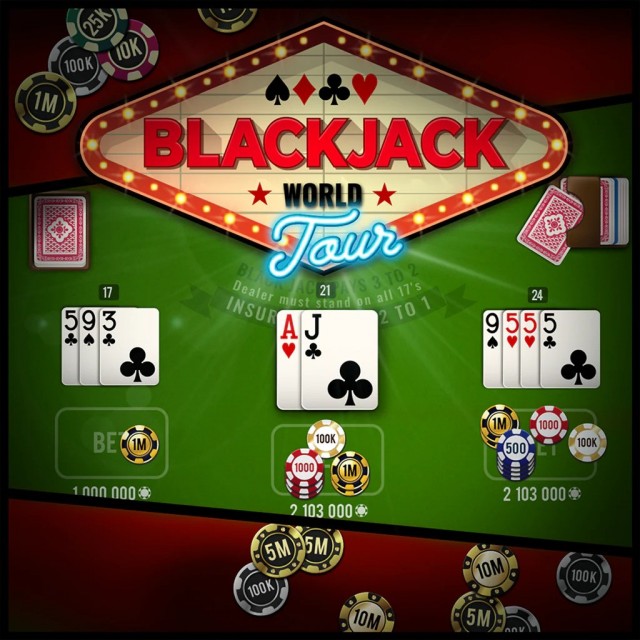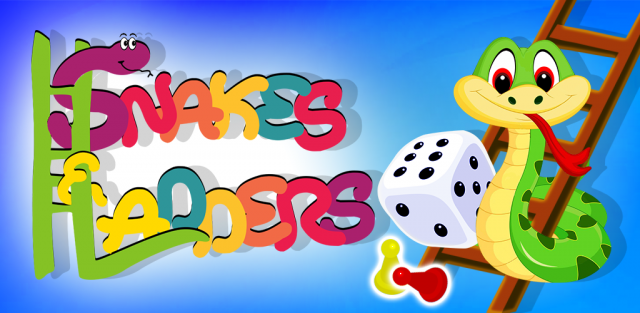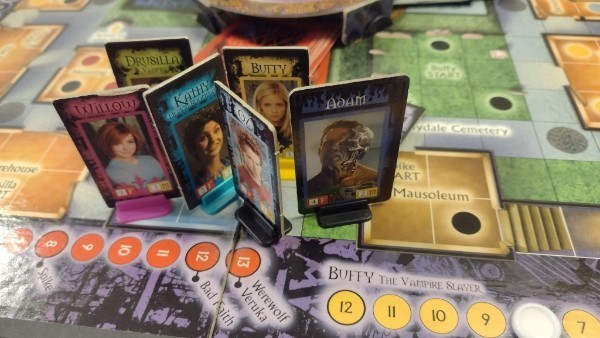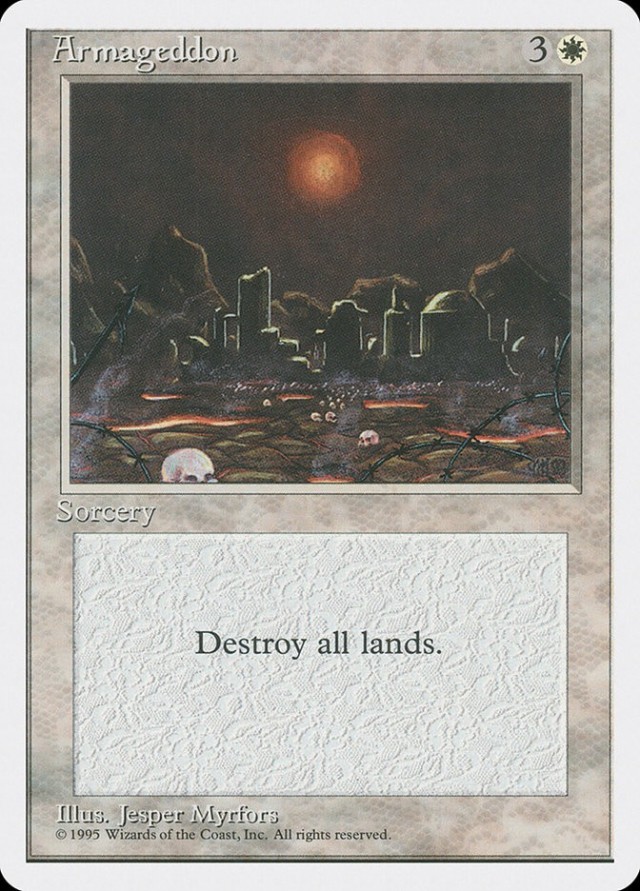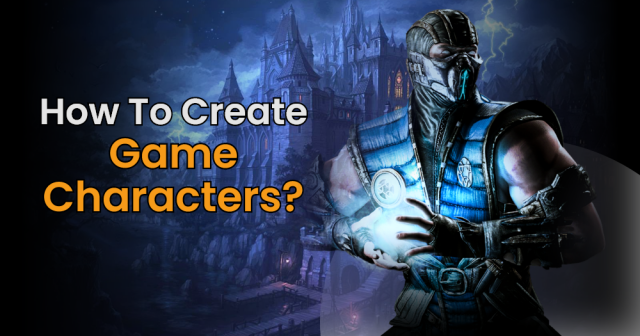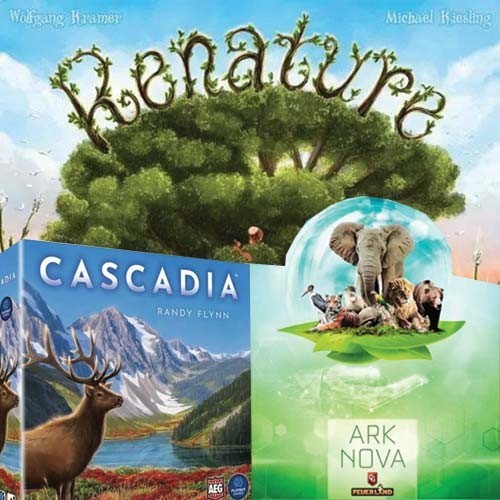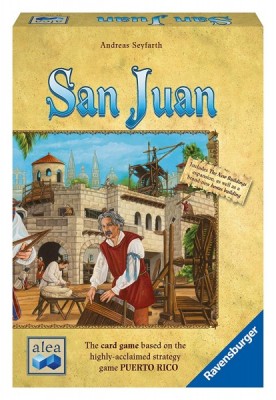There are times when reviews are easy to write. That’s usually when you really love the game, or when you really hate it. The point is, it helps to have very strong feelings one way or the others. The real challenge comes when the game doesn’t have an enormous impact. This is especially true for those reviewers (like myself) who tend to write more emotionally. When you aren’t moved strongly either way, it’s difficult to come up with a review that is anything like interesting.
This is where I find myself with San Juan. To be clear, I like the game. I’ve enjoyed many plays of the classic Puerto Rico card game, and I have enormous respect for its design. But the game has never really broken the glass ceiling between “pleasant” and “terrific,” even after many games. It probably didn’t help that I played and enjoyed Race For The Galaxy first. Although the games share a lot of DNA, I prefer Race on just about every count, even though it’s a far more difficult game to learn. But San Juan isn’t without its charm, and it’s definitely worth your time.
There’s no doubt that what’s under the hood is solid. Players are creating their own versions of the titular city, playing cards that represent buildings. The key mechanism here, and the one used both in Race for the Galaxy and Glory to Rome, is that the buildings are paid for by discarding other cards from your hand. So the cards can serve either their printed purpose, or you can just chuck them to pay for something. When you build a building it gives you a little bonus for the rest of the game. It might also allow you to produce goods, which can be traded in for more cards. From its big brother Puerto Rico, it borrows role selection. This works almost exactly like it does in the board game. When a person takes a role, each player can take the action associated with that role, but the choosing player gets a special privilege. Buildings are worth points, and at the end of the game the person with the most valuable city wins the game.
This is a great mechanical core. The decision to build a card or to spend it as points is not a simple one, since some of the more expensive cards give great end-game points. It’s not usually worth the trouble to hold on to a card just to build it in six turns, but it might be, and that’s where the game gets interesting. The buildings are divided between violet ones (which are generally useful) and production buildings (which will allow players to produce goods, consume them, and get more cards). You can concentrate extensively on one side or the other, and both are totally legitimate.
And the best thing that can be said about San Juan is that while it offers these nice strategic nuggets, it does so in a way that is almost never overwhelms players, even new ones. I wish more strategy games would disguise their strategy like that, because it means that San Juan moves briskly regardless of player number. It’s easy enough to play two games in a row, and new players will often find a second game rewarding since they’ve learned some good strategies. I’d venture to say that San Juan is a better game than Puerto Rico, if only because it’s shorter and easier to play. The fact that its done on cards means that the game is less scripted than Puerto Rico as well. It doesn’t provide the same depth, but that won’t always be a big deal to some players.
So why is this game only a modest pleasure for me? Well, at least part of it has to do with my own personal tastes. San Juan is very much a “Eurogame” design, which means it sacrifices immersion and drama for strong strategy and short play time. That won’t be an issue for many players, and it doesn’t really bother me that much in this case. It does mean that San Juan keeps itself at arm’s length. I’m an emotional gamer, and San Juan does nothing to engage me on that level. This won’t be an issue for most people, but players who usually enjoy high drama and exciting narrative might be left wanting more.
I also think that while San Juan has some good strategic bones, it’s not exactly rocket science. The game basically comes down to who can get a source of cards the most efficiently. There are a number of different ways to get that to work, but if you aren’t drawing a lot of cards and keeping pace with everyone else in the number of buildings they have, you’re losing. The role selection isn’t nearly as juicy as it is in Puerto Rico either. That’s one of the toughest decision in the board game, but it’s pretty obvious how you should pick in San Juan after about five games. It also shares a problem I have with Puerto Rico, where you often have to pick which option helps your opponents the least rather than which one is best for you. It’s not nearly as pervasive in San Juan, but that’s the reason I quit on Puerto Rico, and it rears its ugly head in San Juan every now and then.
But I can’t be too hard on San Juan. It’s gone to the trade pile, but that’s partly because I have several friends who own it. It’s one I will probably not suggest, but I’m equally unlikely to turn it down. And it really does deserve some respect for being the first of the “short but strategic” level of card game that we’ve seen in the last eight years. It’s offspring include Race for the Galaxy and Glory to Rome, but I also see shades of San Juan in newer games like 7 Wonders and Innovation. There’s this genre of a quick games that involve a tableau of cards and tricky hand management, and it started right here.
So if San Juan isn’t the kind of thing I obsess over, it’s at least a good game. I like it. And chances are, you’re going to like it too. It’s easy to see how people could write huge strategy articles on it, even if I’m not too interested in digging that deep myself. I definitely recommend this game to fans of Eurogames, but those who just like the thrill of getting a combo to work will enjoy it too. Not every game needs to be your favorite, and San Juan is always welcome at my game table.
Select the Blog-Reader role, and check out more reviews at The Rumpus Room.
 Games
Games How to resolve AdBlock issue?
How to resolve AdBlock issue? 
